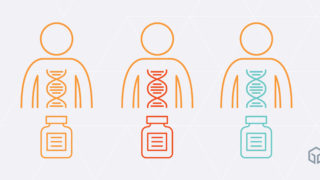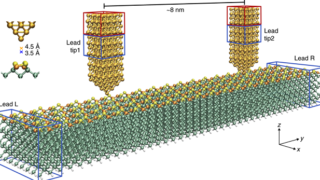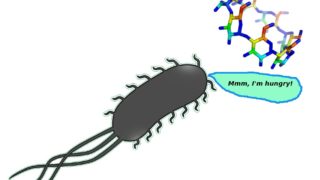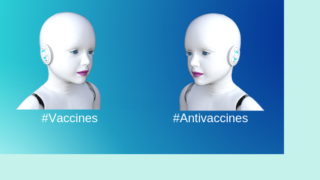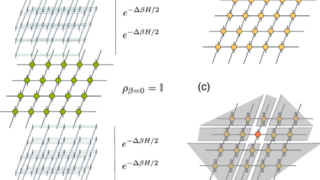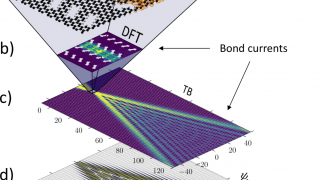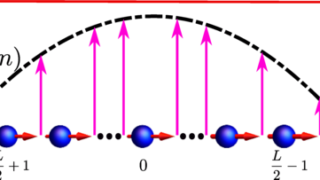
Validity of the inhomogeneous Kibble-Zurek mechanism in the quantum domain
On 8 October 2013, following the discovery at CERN’s Large Hadron Collider of a new particle that appeared to be the long-sought Higgs boson predicted by the theory, it was announced that Peter Higgs and François Englert had been awarded the 2013 Nobel Prize in Physics. But they were the survivors of the bunch of […]
